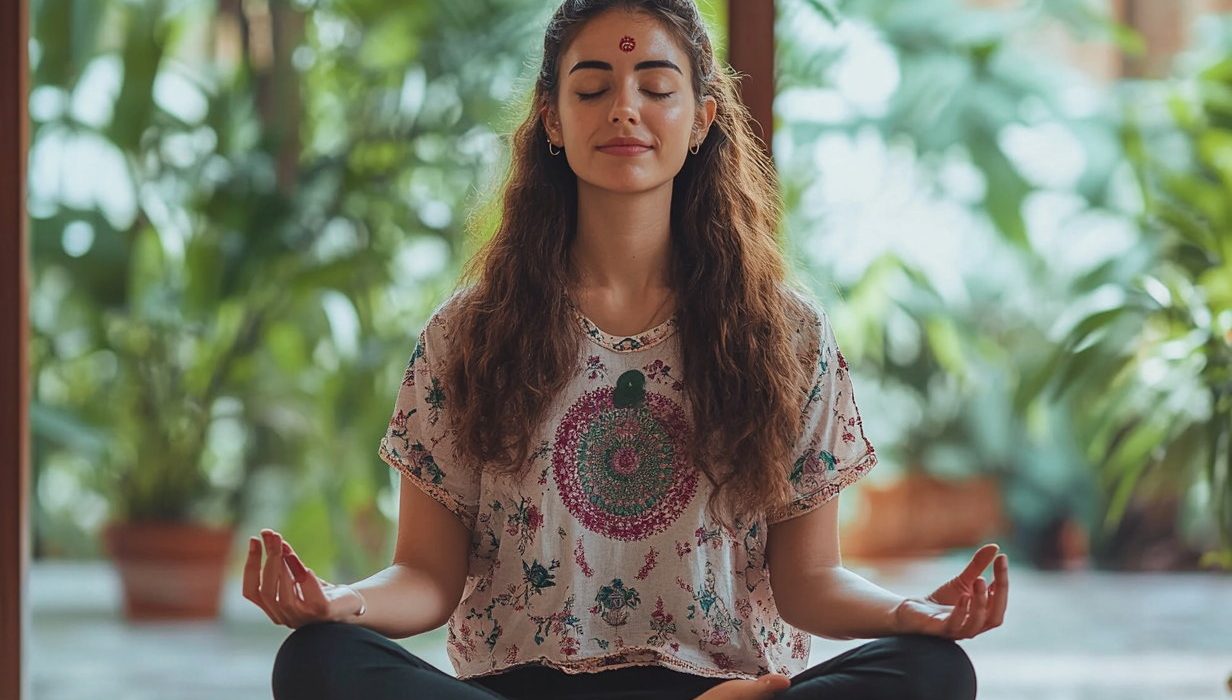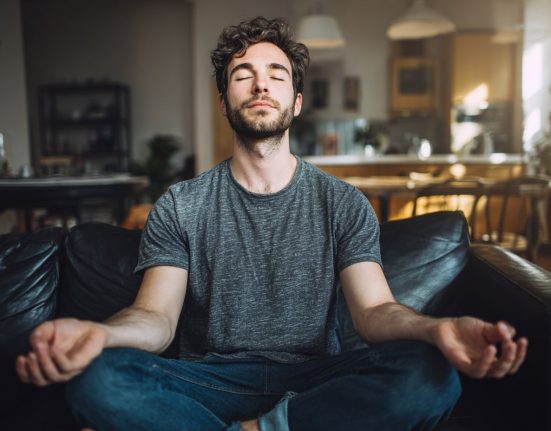Yoga and meditation offer science-backed tools to reduce stress, sharpen focus, and foster emotional balance. The essential skills for thriving in today’s fast-paced, distraction-filled world
In an environment filled with never-ending distractions and obligations, ancient mind-body practices like yoga and meditation are more relevant than ever. As people around the globe are celebrating International Yoga Day, scientists are taking notice of the practical, evidence-based benefits of these traditional approaches.
How Stress Affects Our Brain
Whether due to excessive exposure to digital media, burnout on the job, or concerns in our personal lives, the impact of stress on our brains can be quantitatively measured. Stress can downsize the prefrontal cortex, the control center for decision-making and attention. Stress can over-activate the amygdala, the brain’s fear center. It can impair memory and destabilize our emotions.
Research shows that yoga and meditation can serve as powerful antidotes to stress, inducing a more natural state of balance in mind and body.
Yoga as a Neurological Support System
Yoga is often thought of to improve flexibility and physical health. However, the benefits are much deeper. Recent neural imaging studies show brain changes in people who practice yoga regularly. A study on brain plasticity conducted in 2020 looked at older adults who practiced yoga once a week for 12 weeks.1 The participants developed thicker cortical tissue in the hippocampus, which is essential for learning and memory development.
Yoga has also been found to activate the vagus nerve, which is essential to the parasympathetic nervous system and the body’s relaxation response. Activation of the vagus nerve will decrease your heart rate, reduce blood pressure, and stabilize emotions.
Your Brain on Meditation
While yoga can create balance in the body and calm the breath, meditation, when properly practiced, can deeply settle the mind and influence the body and breath at the same time.
Studies out of Harvard Medical School and other institutions have shown that even brief periods of Transcendental Meditation (TM) can affect positive structural changes in the brain.
Research on people practicing TM has shown significant improvements in mental health and well-being within two to four weeks of practice, including reductions in anxiety, depression, insomnia, burnout, and post-traumatic stress symptoms, along with improvements in resilience and mental well-being.2-6
Studies using fMRI on short-term TM meditators (practicing twice daily for three months) found reductions in anxiety and perceived stress, and increased connectivity among key brain centers (posterior cingulate cortex, precuneus and left superior parietal lobule). These findings indicate that previously documented benefits of TM—such as reduced anxiety, depression, and PTSD—are likely caused by positive functional changes in brain circuitry.7
Long-term TM practitioners show significantly higher activation of the brain’s executive and attention areas (anterior cingulate and dorsolateral prefrontal cortices) and significantly lower activation in arousal areas (pons, amygdala, and cerebellum), indicating higher-level executive function and reduction in fear, anxiety, and anger.
Yoga and Meditation Together
There is immense benefit to practicing both yoga and meditation as part of one’s daily wellness routine. Yoga calms the nervous system and grounds us, preparing us for meditation, which then allows us to sit in more complete and perfect stillness.
From this place of stillness, meditation creates lasting clarity in thought and expanded awareness.
The benefits of these practices extend far beyond stress relief, nurturing qualities that modern life often tries to diminish, presence, compassion, resilience, and insight.
As science continues to validate and reinforce these benefits, there is one resounding message: these ancient practices are proving to be essential to our health and well-being and may well be the key to true human flourishing.
On this International Yoga Day, as we celebrate the widespread emergence of these time-honored practices, I invite you all to use these advanced human technologies to rise to that enlightened state of higher well-being that is so clearly described in the ancient texts of these great traditions.








